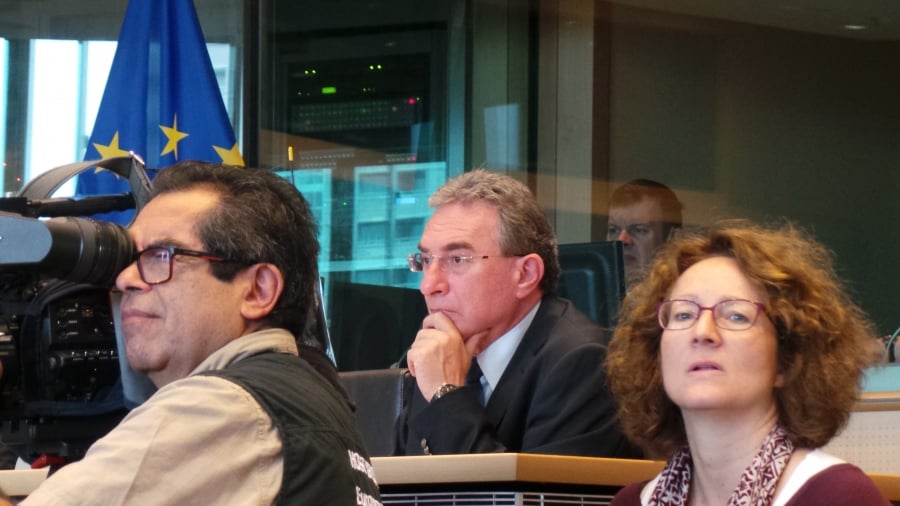MEP Iuliu Winkler (UDMR, EPP), Vice-Chair of the European Parliament´s (EP) International Trade Committee (INTA), considers that the establishment of a new investment arbitration system between the EU and the US, as part of the Transatlantic Trade and Investment Partnership (TTIP), creates an excellent opportunity for a revision of the various Bilateral Investment Treaties (BITs) between the EU Member States (MS).
During INTA´s Monday session, the European Commission (EC) presented the draft proposal concerning a new investment-related arbitration mechanism, which the Union´s negotiators will hand over to the American partners after an European public debate. Such a mechanism would be part of the TTIP accord, currently under negotiation. The new investment-related arbitration system comes to replace the Investor to State Dispute Settlement (ISDS) mechanism, which witnessed intense public opinion criticism.
“The EC´s proposal is welcomed because it replies to the public concerns expressed on the both sides of the Atlantic, but primarily in some EU MS. We certainly need a mechanism to protect investments, but, at the same time, we need transparency and predictability; this is equally valid for investors, who wish to protect their investments against abuses, expropriations, discrimination, as well as for states and governments, which have to preserve entire their right to regulate, a natural attribute of national sovereignty”, declared MEP Iuliu Winkler (UDMR, EPP), Vice-Chair of INTA.
According to the MEP, the EC´s proposal establishes a new system of investment arbitration courts, which will comprise a permanent tribunal, made up of 15 judges, and an appeal court, composed of 6 members. The system is meant to eliminate the possibility of a conflict of interests in the case of the judges, through a transparent scheme of naming them. The regulation clearly specifies, according to the EP´s recommendation formulated in its TTIP resolution, that states cannot be hindered, by an investment court´s ruling, in their competence to regulate.
“I welcome the EC´s proposal, which comes to reform an outdated private arbitration system – ISDS – which no longer responds to our contemporary standards and challenges. In this context, another problem rises, not directly linked with the TTIP accord, but nevertheless important for several EU MS. States from the east of Europe, today Members of the EU, have concluded, in the last decades, numerous Bilateral Investment Treaties with Western European MS. Most of these agreements also include private arbitration – ISDS. I hope that the new proposal from the EC will become an integral part of TTIP following negotiations with the American partners. On this backdrop, I believe that an initiative to revise the inter-MS BIT network would be rather welcome. I consider that comprehensive series of bilateral negotiations should be launched to reform these intra-EU treaties. This process of negotiation ought to have as a result either the termination of such accords, overcome by the reality of belonging to the communitarian block, or the elimination of the outdated ISDS mechanisms and their replacement with a new instrument. This is a complex challenge in which the EU jurisdiction is just partial, the competencies belonging to the signatories; it is however a problem that needs to be signaled and introduced on the agendas of European governments”, stated during the INTA meeting Iuliu Winkler.
Currently, Romania has concluded 21 BITs with EU MS, from which we could name the ones with the Netherlands, Sweden, France, Poland, the UK; a majority of these also include the ISDS mechanism
A new system of investment arbitration needed in TTIP, but also in intra-EU investment treaties








